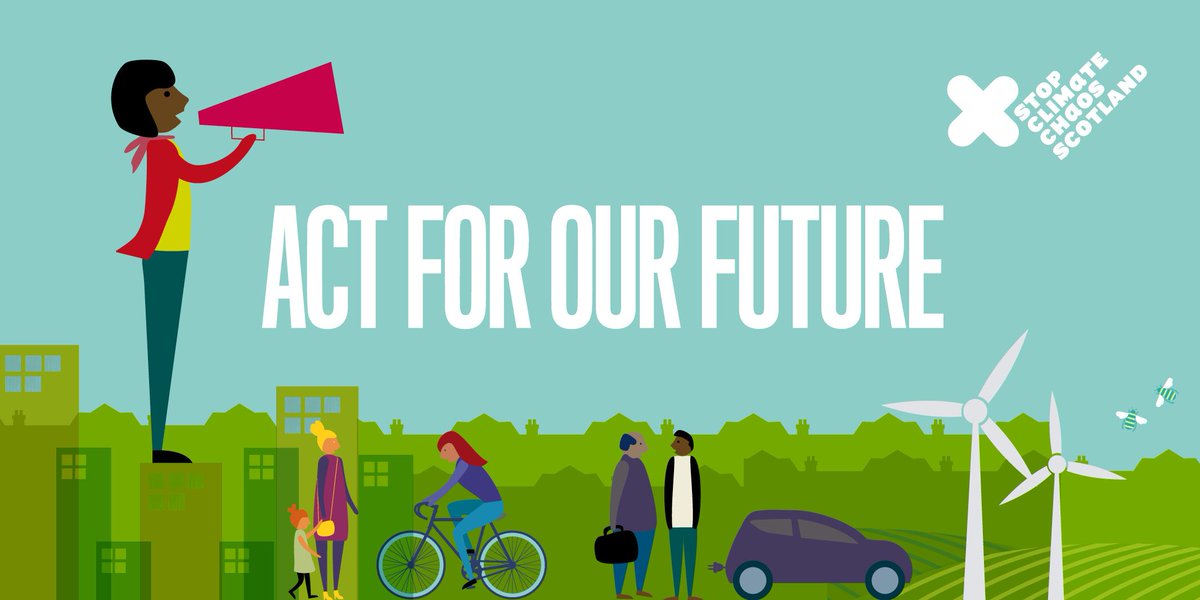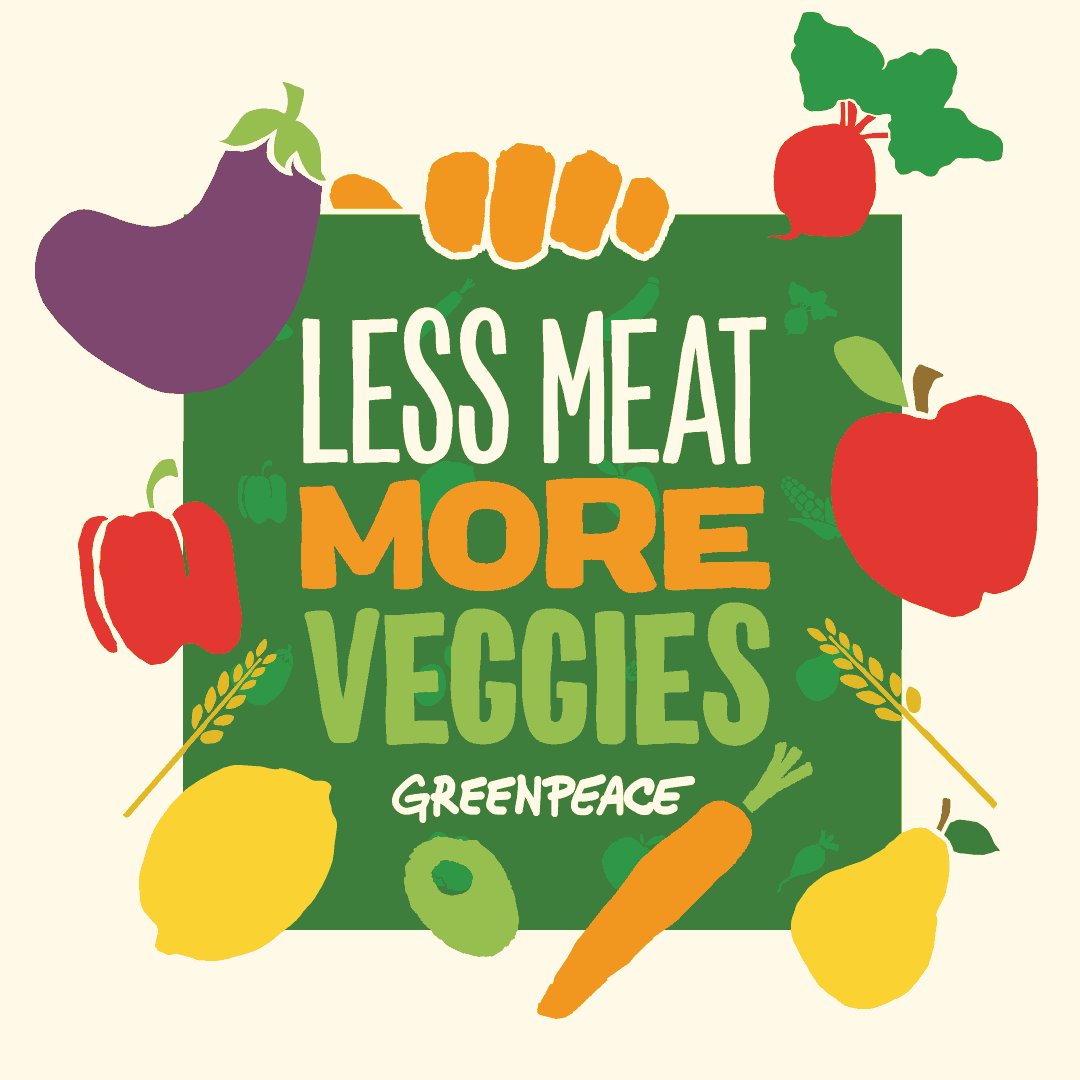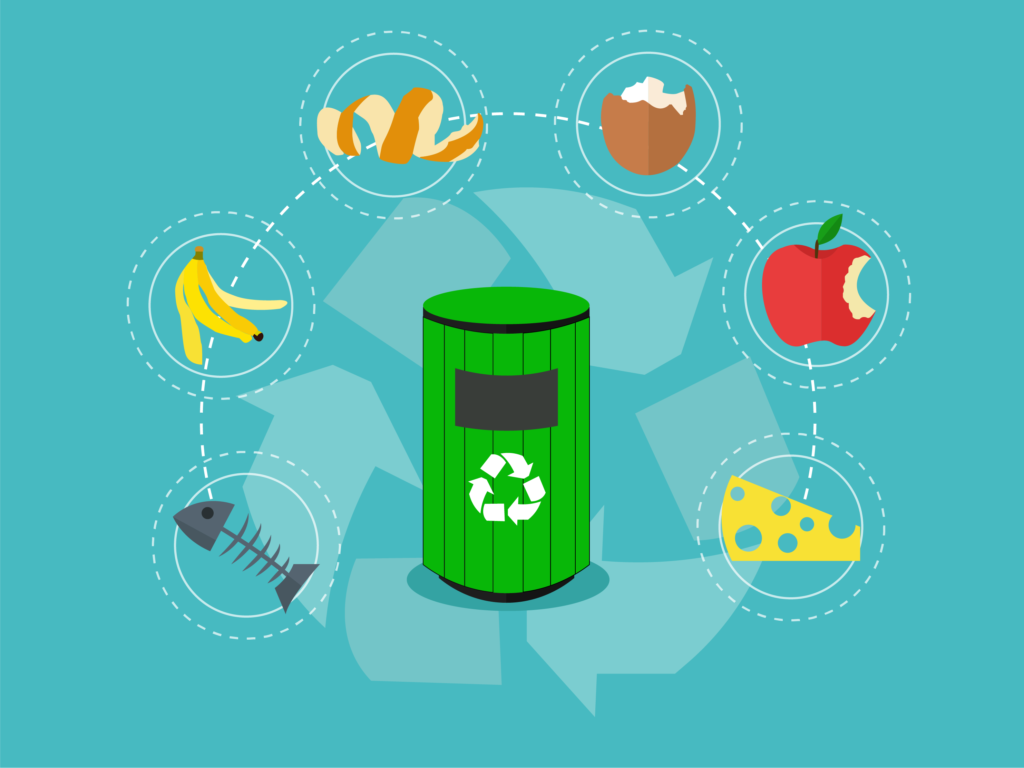
There are many ways you can make a difference in climate change in your home, school and community.
1. Make your voice heard
- Calculate your carbon footprint & reduce your emissions. There are several online carbon footprint calculators that can help you determine where your emissions are coming from, and identify areas of focus for your carbon-reduction efforts.
- Take political action. Be a climate voter – only vote for candidates who accept the science of climate change and are committed to addressing it. Sign a petition calling for climate action or attend an event (such as a march) that raises visibility for climate action and/or pressures elected officials to respond to the issue.
- Talk to others about climate change. Communicating your concern about climate change is critical for motivating collective action. We are all experiencing climate change impacts in our daily lives, and we can all talk about the issue. Sharing stories of why you care about climate change, how it is affecting you, and what you are doing to advance solutions can be a powerful way to inspire concern and action in others.


2. Eat less meat and dairy
Avoiding meat and dairy products is one of the biggest ways to reduce your environmental impact on the planet. Eat fewer portions of meat,especially red meat, which has the largest environmental impact, and reduce dairy products or switch them for non-dairy alternatives .Studies suggest that a high-fibre, plant-based diet is also better for your health - so it can be a win-win. Try to choose fresh, seasonal produce that is grown locally to help reduce the carbon emissions from transportation, preservation and prolonged refrigeration. And have you thought about eating insects? They are a healthy and environmentally friendly food source, so why don't we eat them? Researchers at Imperial have been investigating how people in the Western world can be convinced to eat them.3. Cut consumption and waste
Everything we use as consumers has a carbon footprint. Avoid single-use items and fast fashion, and try not to buy more than you need. Shop around for second-hand or quality items that last a long time. Put your purchasing power to good use by choosing brands that align with your new green aspirations.Try to minimise waste
- Repair and reuse.
- Give unwanted items a new life by donating them to charity or selling them on.
- Avoid wasting food.


4. Avoid using a car
Avoiding meat and dairy products is one of the biggest ways to reduce your environmental impact on the planet. Eat fewer portions of meat,especially red meat, which has the largest environmental impact, and reduce dairy products or switch them for non-dairy alternatives .Studies suggest that a high-fibre, plant-based diet is also better for your health - so it can be a win-win. Try to choose fresh, seasonal produce that is grown locally to help reduce the carbon emissions from transportation, preservation and prolonged refrigeration. And have you thought about eating insects? They are a healthy and environmentally friendly food source, so why don't we eat them? Researchers at Imperial have been investigating how people in the Western world can be convinced to eat them.